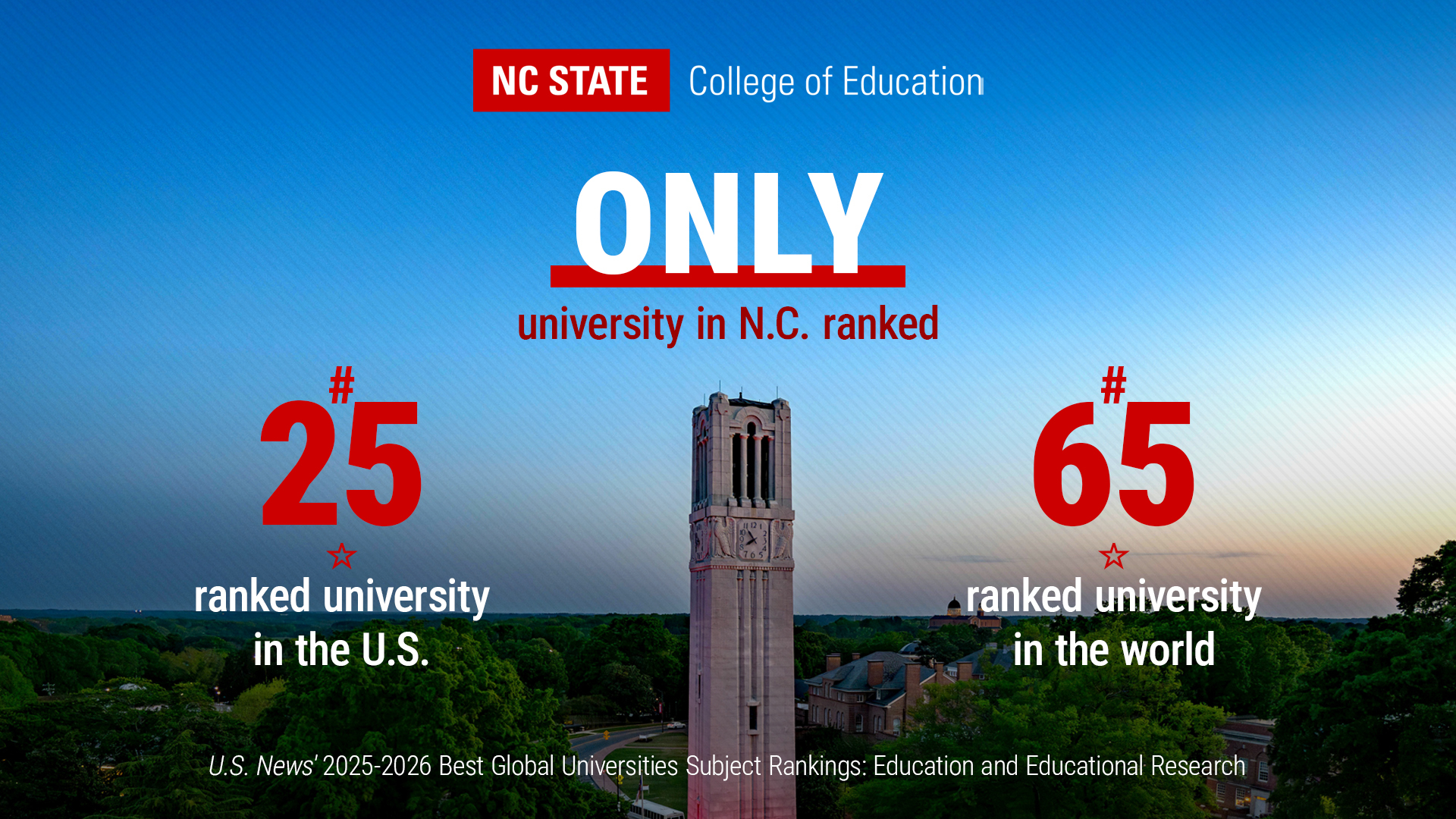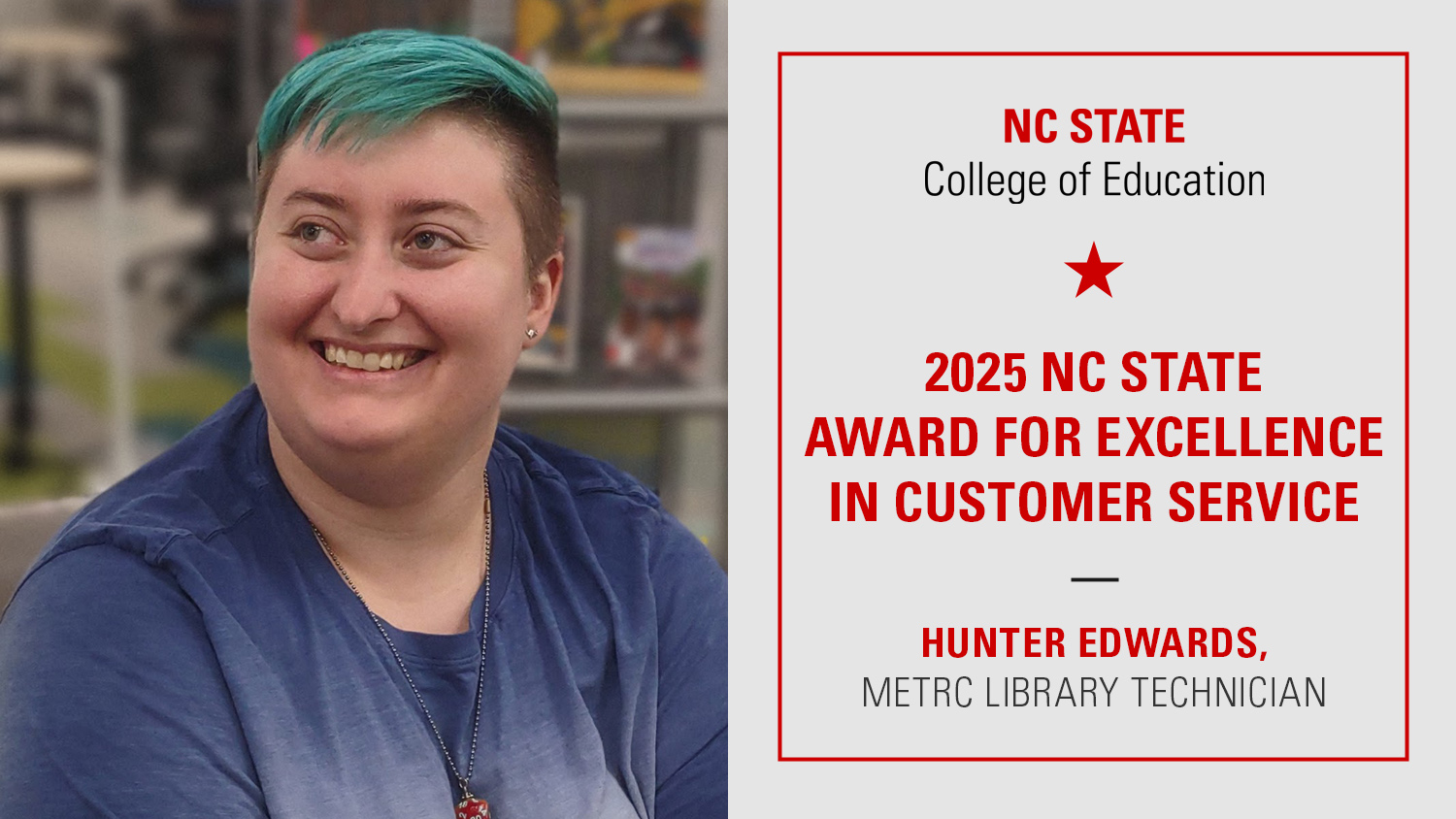Article Co-authored by Lecturer Erik Schettig, Professor and Department Head Aaron Clark Receives Paul T. Hiser Exemplary Publication Award

An article co-authored by NC State College of Education Lecturer Erik Schettig and Professor and Department of STEM Education Head Aaron Clark has been honored with the Paul T. Hiser Exemplary Publication Award from Epsilon Pi Tau.
The Hiser Award recognizes the best article of the year that appeared in the Journal of Technology Studies, which is the refereed publication of Epsilon Pi Tau, the international honor society for technology professionals.
“To have received this award is a great honor because it demonstrates recognition of the hard teamwork we put into communicating, to the education community, the importance of reducing student stress through incorporating flexibility and elements of self-regulation through active learning,” Schettig said. “It reinforces the importance of not only developing impactful curricula for our STEM programs, but also sharing the resources that have positive impacts on outside education communities so that we can continue being a collaborative model of think and do.”
The award-winning article, entitled “Pandemic-Induced Impacts: Experience in an Introductory Engineering Graphics Course,” reports on the experiences that resulted from the restructure of an introductory engineering graphics course during the Spring 2020 semester as a result of the onset of the COVID-19 pandemic.
Prior to the pandemic, the course, which is required for all NC State engineering students as well as students in the College of Education’s technology, engineering and design education program, used a hybrid model that consisted of online lessons and active learning modules where students attended lectures in-person and completed assignments online.
This existing hybrid model, which already utilized video content and a detailed learning management system, gave educators an advantage at the onset of the pandemic, as they could devote time that would otherwise have been spent creating online lessons to better supporting students through the transition.
The article shares that flexibility in faculty communication, assignment criteria and deadlines, as well as the ability to work on course modules at their own pace, impacted their positive perceptions of the transition experience.
- Categories:


